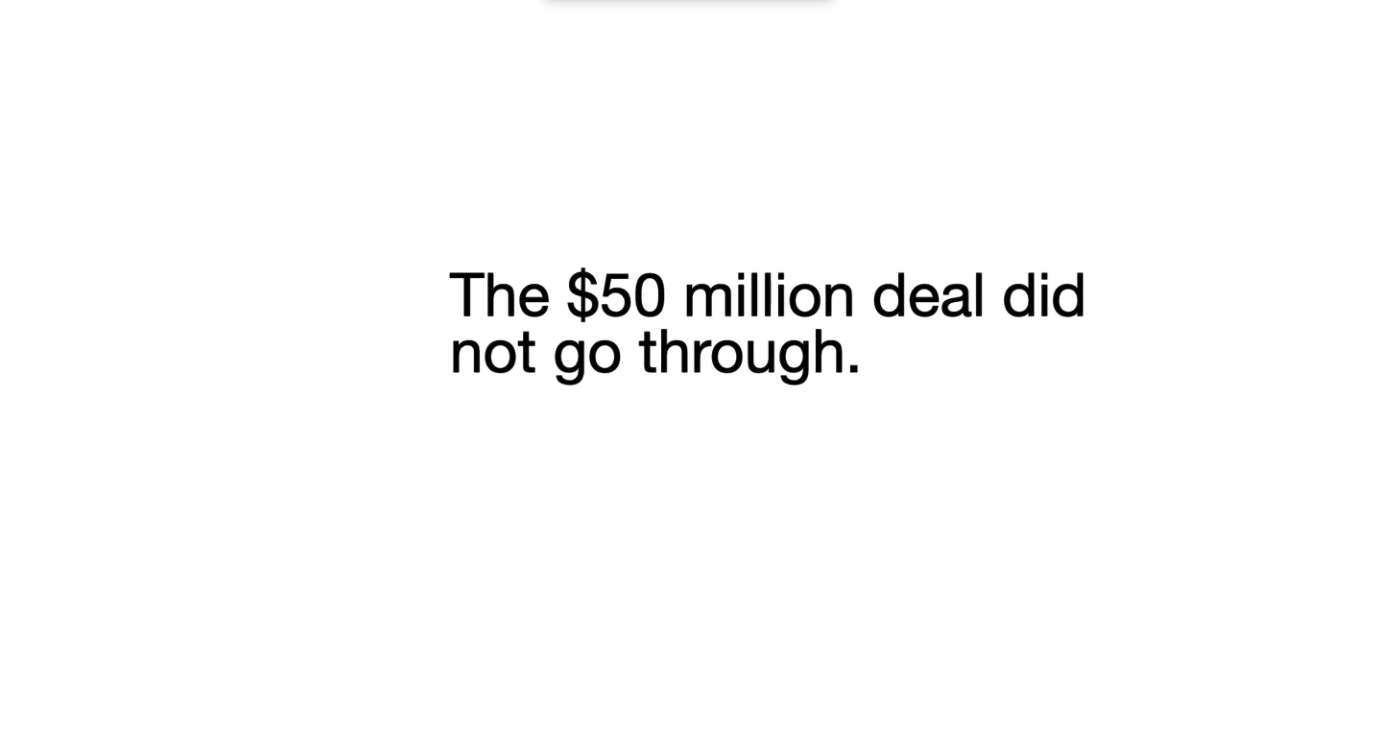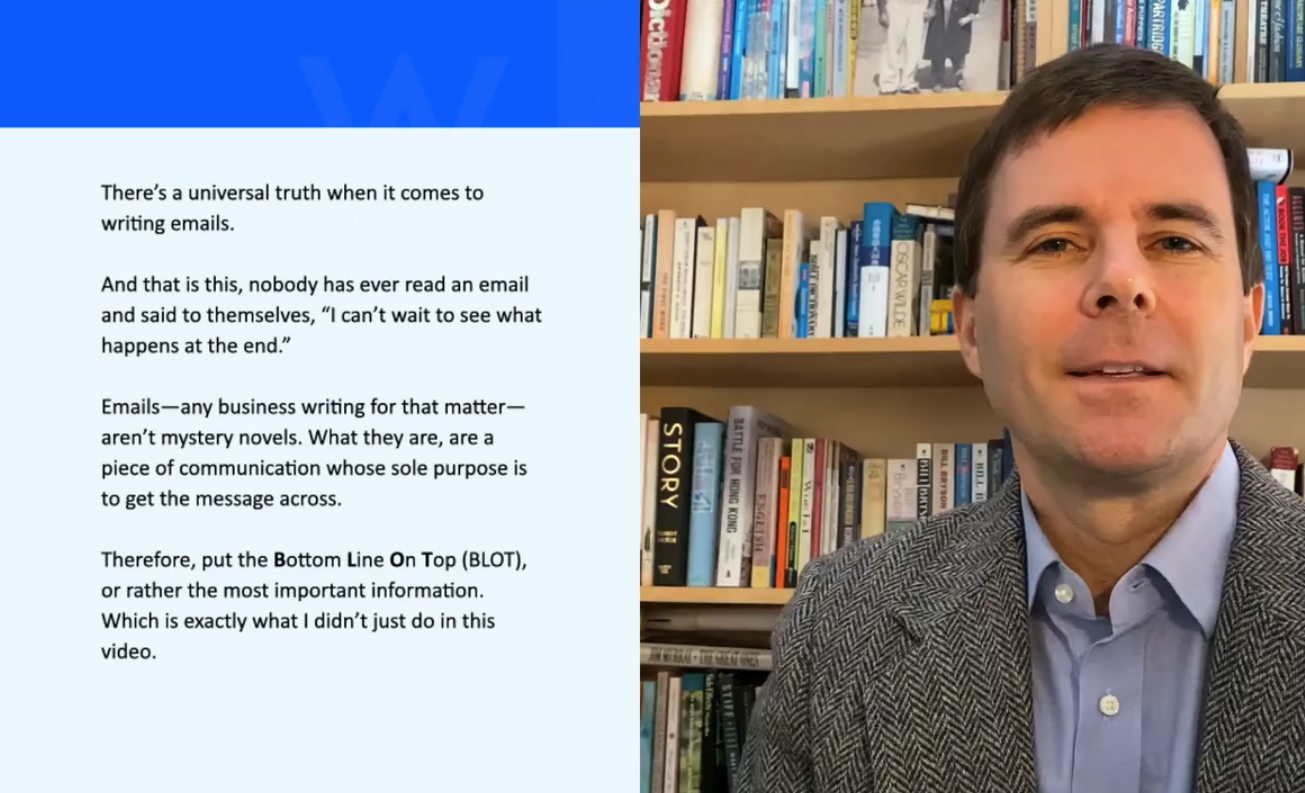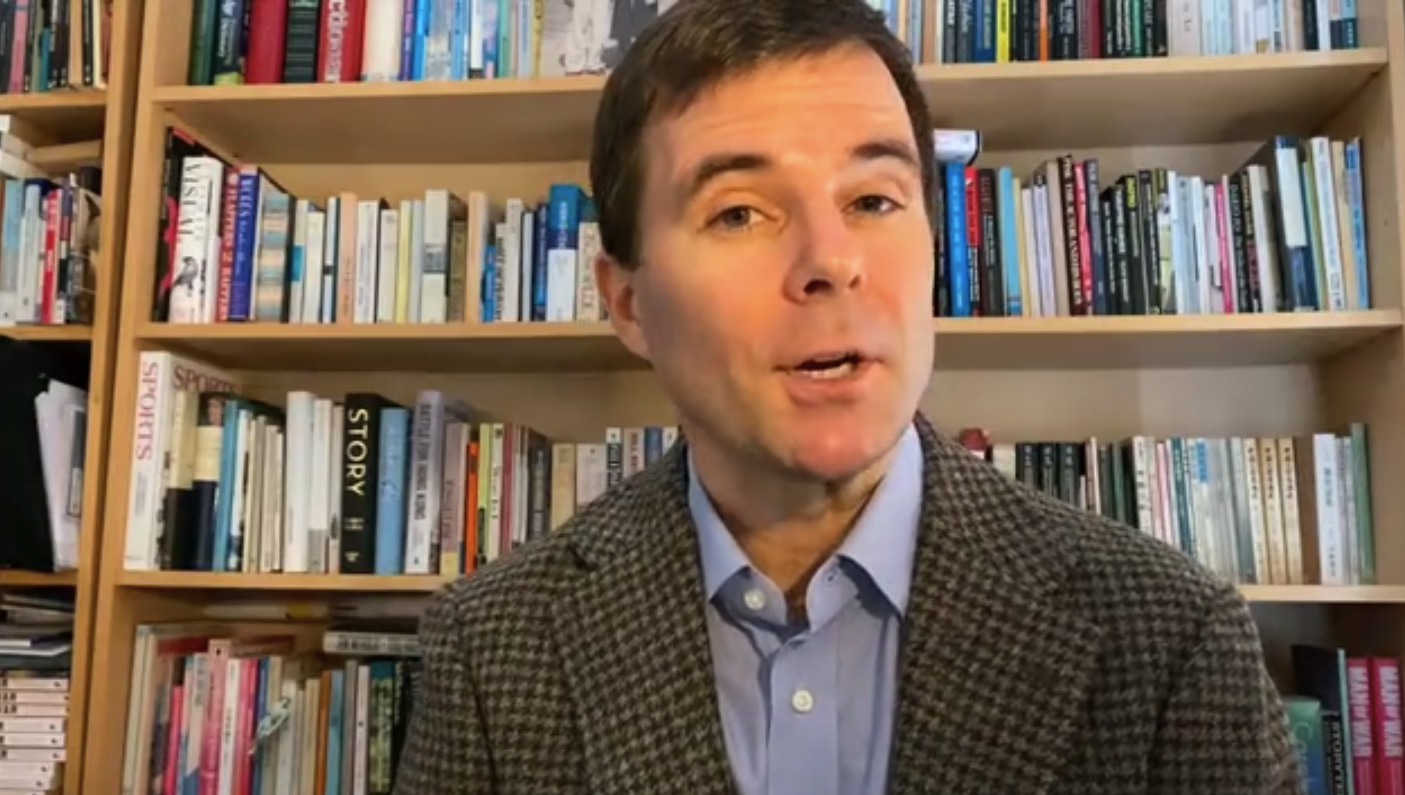With the start of the new school year, early autumn usually sees a return to routine. This year, routine having been uprooted by Covid, many businesses are adjusting from an initial sense of shock to long-term cultural shift. At Working Voices, we’ve been asking what this shift might look like? With the risk of a second wave, and Brexit brewing in the background, author and former CEO Dr Margaret Heffernan says relying on the false promise of certainty could leave organisations dangerously unprepared.
Businesses like to plan for a known future. But over-dependency on forecasts can create an unrealistic reliance on efficiency that leaves “no margin for error or surprise”, Heffernan told Working Voices. Heffernan, a professor at Bath University’s School of Management, cited the NHS, saying it was run with increasing levels of efficiency but was now so lean that when the pandemic unexpectedly hit there weren’t enough beds, ventilators or PPE.
Heffernan said: “Thinking that you can know the future… is really dangerous. Nevertheless, many companies are run that way…And the danger of that is that people start to believe that the plan is reality. And then when the world changes, they are completely unprepared.”
Heffernan develops this line of thought in her latest book Uncharted, which focuses on managing uncertainty. Written over four years, Uncharted imagines hypothetical examples such as change in a pandemic. Published in February, in a prescient moment of timing, the book warns of the dangers of organisations failing to become robust enough to withstand whatever the future might bring.
For Heffernan, being robust means building in alternatives. For example, if an aircraft were to suffer an engine failure, other engines could carry the load. She believes this is better than relying on resilience, the ability to recover. To continue the aircraft analogy, resilient systems like life-jackets might help you survive a crash but robust strategies might prevent a crash in the first place. Heffernan believes that in an organisation such strategies start with trust.
In March, companies which were not particularly bureaucratic or hierarchical could switch to remote working, relying on trust and reciprocity. “They had, if you like, a kind of cultural robustness, which I think people quite regularly underestimate in businesses and organisations”, Heffernan said.
She suggests that companies which offer their people freedom, flexibility, and trust have adapted to the changing circumstances more easily than others. According to Heffernan, agility like this adds to a company’s value: “There’s been quite a lot of thinking in financial circles about actually what kind of metric might accurately reflect the robustness of an organisation in terms of its people, in terms of the talent in its people and in terms of the culture and the way in which work gets done.”
Trust is, in Heffernan’s terms, “phenomenally efficient”. It makes organisations run smoothly, in turn enabling the creativity that is essential in times of uncertainty. People are better able to work seamlessly, independently and faster when they feel trusted. Heffernan said: “We know that in organisations with high levels of trust, people are much more willing to help each other. There’s a sense that, well, if I spend some time helping you when I need your help, I’ll be able to ask for it and get it in return.”
Companies with a culture of distrust are held back by the need to monitor staff. They are encumbered by the cost of surveillance systems and by the fearful atmosphere these create, an atmosphere in which people are unlikely to do their best work. For Heffernan, such a culture will “ensure obedience, but what it will never ensure is creativity”.
Staff who are closely monitored tend to be measured against lists of tasks they are supposed to be doing. This relies on predicting the work required. Companies addicted to forecasting the future, particularly through technology, might fail to implement the creative human solutions needed in dealing with the unpredictable nature of reality. Algorithms deliver efficiency when routine can be guaranteed, but they can’t deal with the unexpected.
Heffernan believes there is always a role for human judgement: “People have done experiments in the United States where they used algorithms to try to determine, for example, which kids were most likely to need help from social services…. we have to accept that technology is fallible. But what makes it lethal is how fast it scales. So I might make a mistake and an algorithm might make a mistake. My mistake impacts one kid who may be needed help from social services, but the algorithm impacts millions of kids.”
In March, virtually all businesses encountered a crash course in uncertainty. Heffernan said: “Most organisations are having to revisit many of the assumptions on which they base their working lives.” A shift towards a culture of robustness and trust can help businesses move beyond unexpected challenges like Covid, rather than be defined by them. Companies can then think about the next 10 years, rather than simply focusing on surviving the next three months. Heffernan said: “The important thing is when the future is unknown, to have spare capacity, intellectual capacity, financial capacity, imaginative capacity, so that when surprises come, you have all kinds of abilities and capabilities already in your system.”
As well as a renewed commitment to robustness, at Working Voices we believe the long-term cultural shift at work will see other developments too. Companies have long been looking at their ability to unite and inspire staff, but these skills have become all the more urgent since Covid. And new skills that might previously have been overlooked, particularly critical thinking, will help to develop leadership and creative thought. These values will support flexibility in any economic turbulence that might follow in the wake of Covid.
In response to the challenges at hand, some companies may react with renewed commitment to old solutions. This can be a false dawn. Working hard on things that might not get you very far amounts to ‘active inertia’. Across the board, we believe staff and managers will more readily find solutions at the point where human emotions intersect with business logistics.
In these days of uncertainty, management can’t simply be seen as a policing activity. The future is not pre-ordained, it’s not “hiding behind a curtain”, as Heffernan puts it. In looking for solutions to unexpected challenges, companies will always rely on agility and flexibility in their people. Such qualities quickly dry up if there’s not enough trust to oil the wheels.






